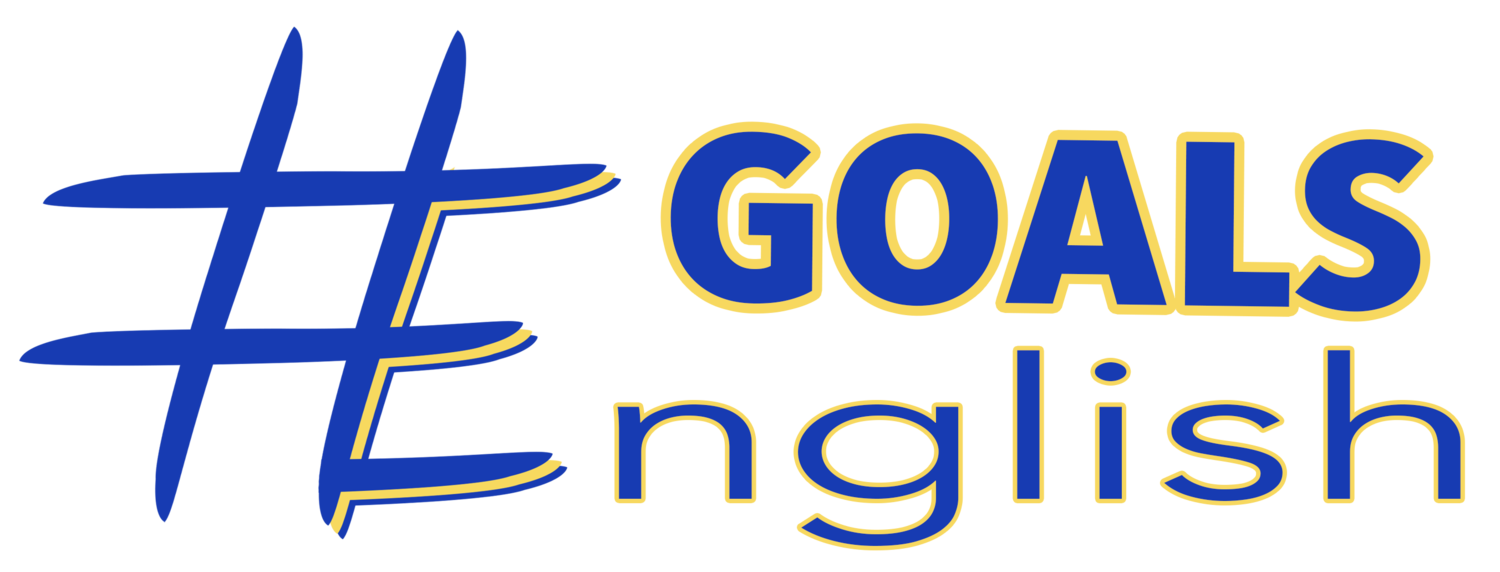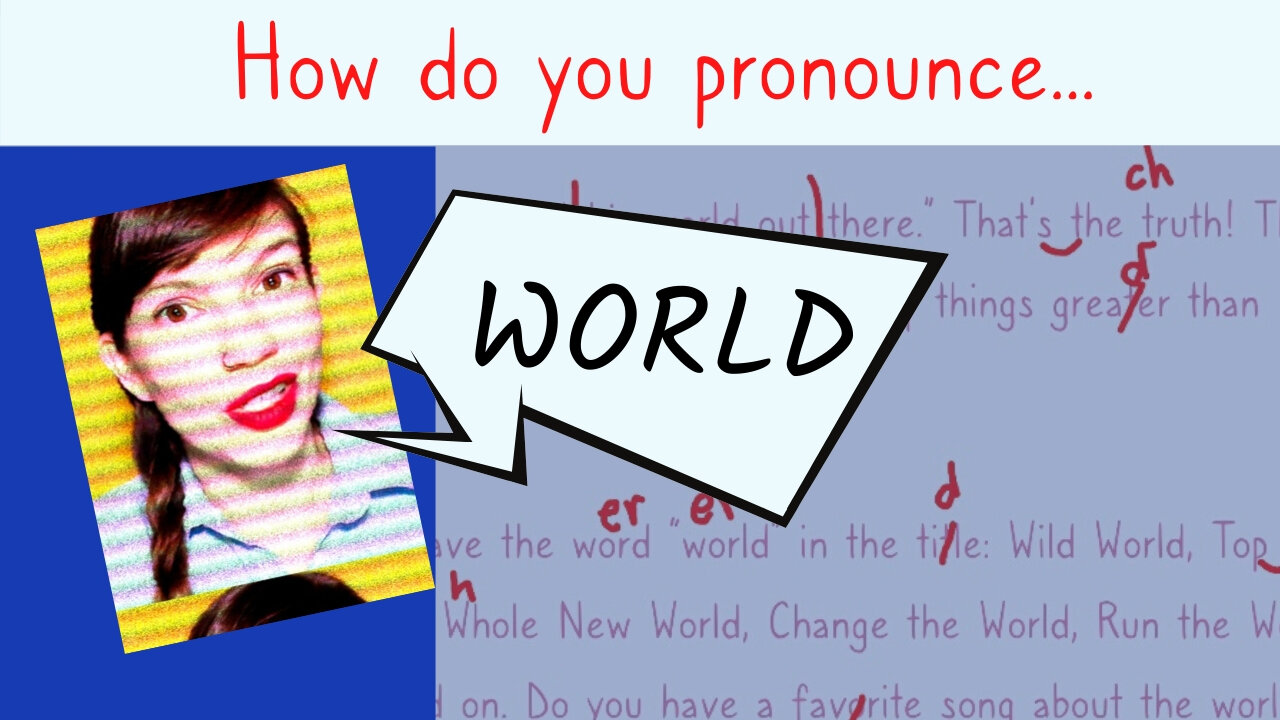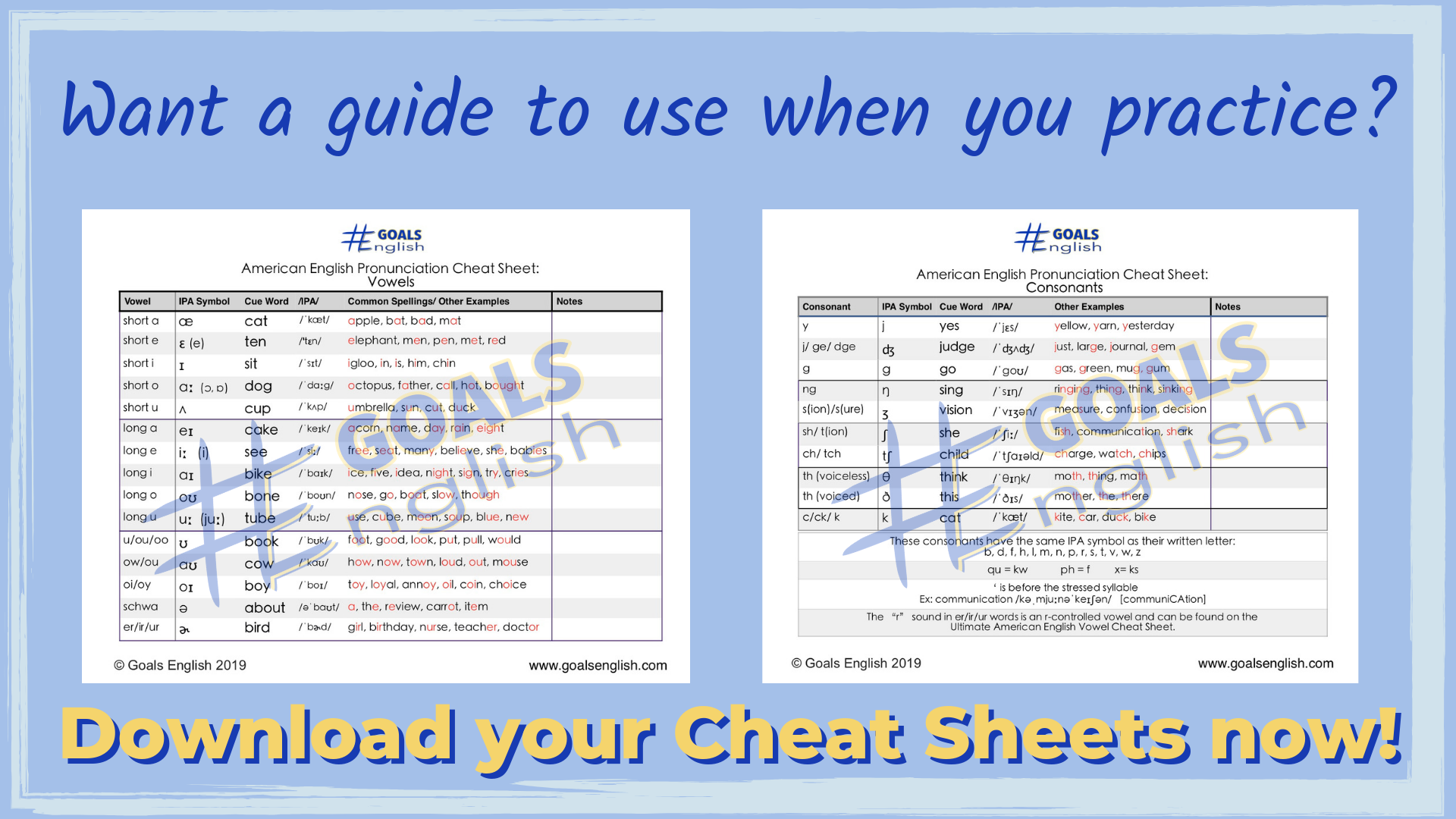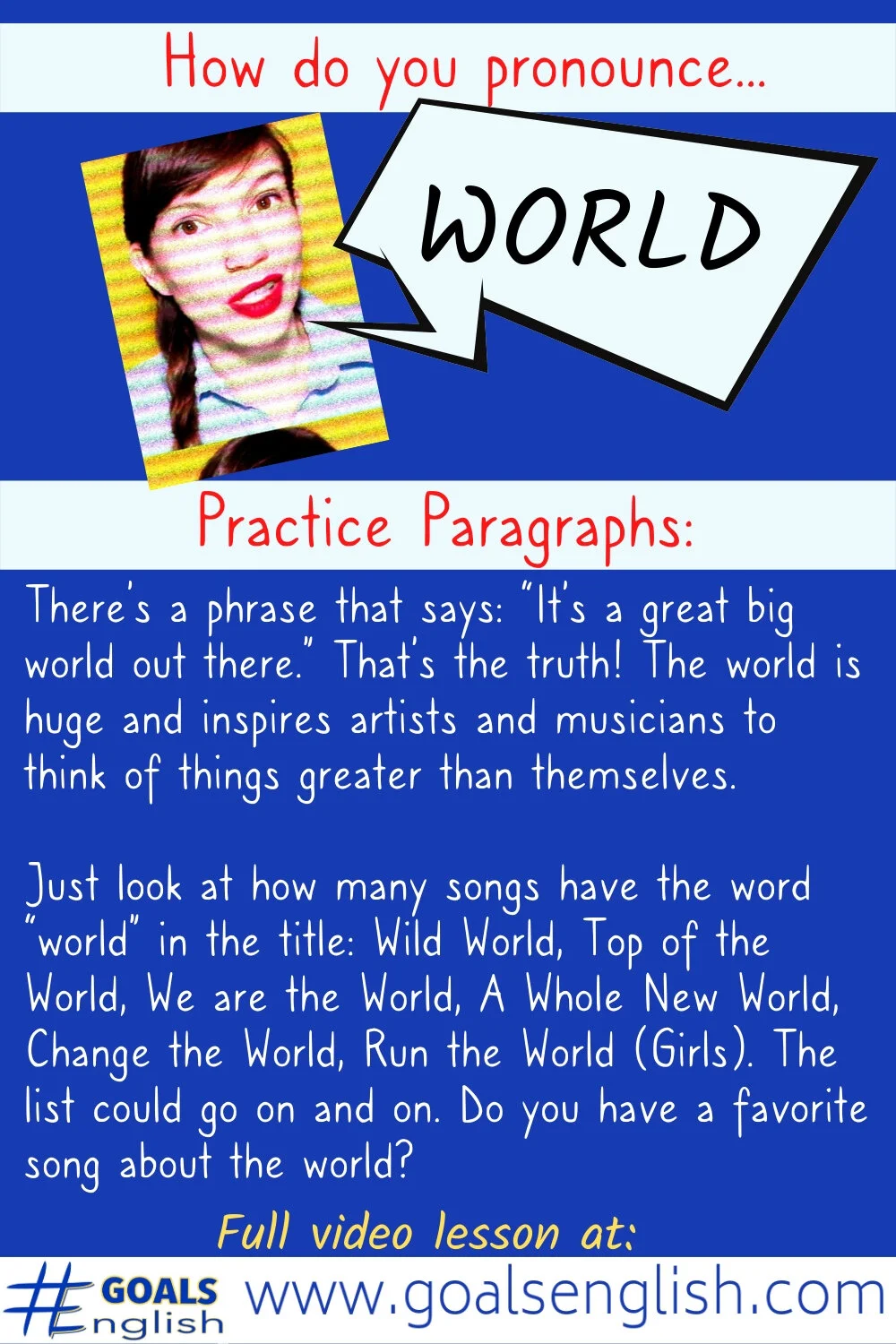World, Word, Were: American English Pronunciation
Have you ever heard this quote?
“I fear not the man who has practiced 10,000 kicks once, but I fear the man who has practiced one kick 10,000 times.” —Bruce Lee
I wrote about it my bog and I’m repeating it again here because this quote shows why I focus on one word or sound at a time in many of my lessons. If you master the word “world” or any of the other words I have been teaching in this free video lesson series, “How do you pronounce…” it will help you pronounce many other similar words and sounds too.
Focusing on one small thing until you master it, is extremely beneficial to your language learning. If you master just one word in 12 minutes, that will stay in your memory (especially your muscle memory for English pronunciation) longer than if you try to learn a million different words with that same amount of time.
In this free English lesson you will learn:
How to pronounce “world” in the general American English dialect
The IPA symbols for each sound found in the word “world” /ˈwɚld/
Practice sentences spoken at a native speaking speed for “world”
Compare similar words:
whirl /ˈwɚl/
word /ˈwɚd/
were /ˈwɚl/
Two practice paragraphs using the word “world” several times with detailed breakdowns of:
linking like a native English speaker
reductions
letters that sound different than they are spelled
Enjoy this free video lesson and please remember to SUBSCRIBE to my YouTube channel to see lessons like this first!
Transcript of “How to Pronounce World”
(00:00):
Hi, it's Monica with #GOALS English. And this is: "How Do You Pronounce World?" "World." So this has a similar ending-- If you watch my video with "girl"-- but now you have "world."
(00:20):
"World", just like "girl," it's a 'er' /ɚ/ + 'l' but then we add a 'd' at the end. So even though it's spelled 'o- r' the sound is still the same as 'er,' 'ir,' or 'ur.' Just like "bird," "teacher," "girl" that 'er' /ɚ/ sound. So that's the most important in this one. 'er' /ɚ/ like you're biting down on something 'er.' Right? Not, *strange sound*, or if you pull your tongue too far, you go, *weird sound.* Right? You have your tongue down and then it pops up and it maybe pulls back a little bit, but not too far. If you pull too far, you go, *weird sound*, right?
(00:57):
You want 'er' /ɚ/
(00:59):
So, your tongue is down, it goes:
(01:01): 'er' /ɚ/ And so it's kind of floating in the mouth 'er', and the jaw is pretty closed. 'er' /ɚ/
(01:09):
Let's try that with a 'w' /w/ /ɚ/
(01:14):
Regular 'w,' mouth rounded. /w/ /w/ /ɚ/
(01:20):
That's a little round, but not as round as a 'w.' Right? 'were' /wɚ/ It's a little flatter. 'were' And we have our 'darl l' /l/ /l/ So that dips down here, /ə/, and back up to the 'l' /əl/ Different than a beginning 'l': "light," "love." Doesn't have that *dark l sound* Right? No. Love is a 'light' or 'clear l.' 'Dark 'l' is at the end of a syllable. /əl/ and then add the 'd' /d/ "world" "world" "world"
If you don't get it the first time, that's totally fine. Just start listening for it. Right? "world" "world" Later in the video, we'll compare it to some similar sounding words. First, let's do some sentences. "It's a great big world." "It's a great big world." "world" /wɚld/. It almost sounds like one sound by the time you're saying it that fast. "It's a great big world." Strange sound. This and girl. "girl" "world" 'irl' 'irl'
(02:29):
"This is the world we live in." "This is the world we live in." You can drag it out for emphasis: "This is the world we live in." "This is the world we live in." Or you can snap right through it: "This is the world in the world we live in." A lot of Americans are mumblers, right? [speaking overly clearly] "We don't always talk so clearly like American English teachers." "This is the world we live in." "live-in" "live-in" "world- we" "world we live in." "This is the world we live in." "Where in the world are you?" "Where in the world are you?" "Hello? Hello. Where in the world are you? Where? What? This is the world we live in. Am I right?" "She studied the world Wars world Wars." "Wars" is another tough one. "Wars" 'or' it's more of a 'or' /oɚ/ sound, not 'ar' /ɑɚ/ 'w-ar.' Not like "car"--> /ˈwoɚ/ or just like I "wore" some clothes. "World War." I "wore" some clothes. "She studied the World Wars." "What in the world is going on here? "
(03:36):
"What in the world is going on here?" If you go too forward in the mouth, you'll sound more British: [British RP accent] "What in the world is going on here?" Right? Middle of the mouth: "What in the world? What in the--" 'whaaaa' 'uhhh' "What in the world is going on here?" So let's compare it to some other words. I am being silly. "whirl" So, even though "world" has an 'o-r' spelling and "whirl" has an 'i-r' spelling, it's the same /ɚ/ sound, just like 'e-r' "teacher" "world" "were" "world" "whirl" The IPA (International Phonetic Alphabet) gave us something a little different. It emphasized the vowel sound before the 'l' a little more with those IPA symbols. So if you're looking at that and you're like, "wait, why?" It's making it almost more like two syllables. "whir-ul" "whirl" "Give it a whirl." "whirl" So it's a little more dragged out than "world" "world" where it just kind of is all smushed in one sound "world" versus "whirl."
(04:36):
If we drag it out: "world" versus 'whir-ul' "whirl" So it has more of a dip. "Give it a whirl." "Whirl around the world" "word" So same idea. 'o-r' still has that 'er' sound. We're adding just the 'd' skipping the 'l' "word" "word" "What's the word?" It's like, "What's up?" "What's happening?" Right. "Are we going to the movies? What's the word?"
Oh! "What's THIS word?" Misread my own line. "What's this word?" That makes more sense? But Hey, you just learned some slang. So I kind of almost reversed it. So we have "world" with 'r-l-d', 'erld', and then we have "word" no 'l,' and then we have, "were" no 'l' or 'd.' "were" Just that 'er' sound. "Where were you?" "Where were you?" So again, let's go down the list: "world, whirl, word, were."
So these are all really similar. I'm going to do it one more time, slower: "world, whirl word, were." So you noticed that even though those last two have that 'er.' It's a little clearer sounding because we're not going into that /ɚrl/ sound with the 'l', right? "World" versus "word." Okay, so let's do a practice paragraph using the word "world." I'll read it through once:
"There's a phrase that says: 'It's a great big world out there. That's the truth. The world is huge and inspires artists and musicians to think of things greater than themselves. Just look at how many songs have the word world in the title. Wild World, Top of the World, We are the World, A Whole New World, Change the World, Run the World (Girls). The list could go on and on. Do you have a favorite song about the world?"
So let's go through this and point out some points of pronunciation and linking. "There's a"-- so we have linking here, and this sounds like a 'z.' "There's a phrase"-- 'f' sound phrase and 'z' again-- "There's a phrase that says"-- 'stop t' "that" "that"-- "There's a phrase that says: 'It's a great--" 'stop t'-- "great big world out there." "There's a phrase that says: 'It's a great big world out there.' That's the truth."-- The S drags over a little bit. -- "That's the truth." And keep in mind 't' before 'r' sounds like a 'c-h' 'ch' /tʃ/ "truth"-- "That's the truth. The world is huge."-- 'soft g,' sounds like a 'j' "huge." "The world is huge and inspires artists and musicians to think of things -- Think of--- think of things greater"--- 'flap t' sounds like 'd' "greater" "greater than themselves."
(08:17):
Okay, "and in"-- this links a little bit too-- "and inspires artists and--- artists and musicians." Okay, I'm going to go through this again. Slowly repeat after me. "There's a phrase that says: 'It's a great big world out there.'" -- This is also a 'stop t.' Basically any ending 't' will be a 'stop t.' "There's a phrase that says: 'It's a great big world out there.' That's the truth. The world is huge and inspires artists and musicians to think of things greater than themselves."
(09:00):
Okay, second paragraph. "Just look at how many songs have the word 'world' in the title." So "word," just like "world" has that 'e-r' sound, so it's not 'war-d' or 'war-ld.' It's "word" and "world." "Just look at how many-- look at"-- So 'stop t.'-- "Just look at how many songs have the word world in the title." This 't,' 'flap t,' sounds like 'd' "title" /dəl/ /dəl/ "title" "Wild World, Top of--" linking -- "Top of the World, We are the World, A Whole New World"-- So this is an 'h' sound "h- whole"-- "A Whole New World. Change the World. Run the World (Girls)"-- and I have another video about how to pronounce "girls," if that's a difficult word for you. "Girls" with a 'z' "girls"--
"The list could go on and on-- on and-- on and on. Do you have a favorite?"-- So it's not 'fave-or-rit', it's 'fave-rit'-- "song about the world?" "Do you have-- Do you have a favorite song about the world?" That last paragraph, one more time: "Just look at how many songs have the word "world" in the title: Wild World, Top of the World, We are the World. A Whole New World, Change the World, Run the World (Girls). The list could go on and on. Do you have a favorite song about the world?
(11:03):
All right, let's do this one more time. All the way through. Follow me and mimic me exactly as I go, even my stress and intonation. "There's a phrase that says: 'It's a great big world out there.' That's the truth. The world is huge and inspires artists and musicians to think of things greater than themselves. Just look at how many songs have the word "world" in the title: Wild World. Top of the World. We are the World, A Whole New World, Change the World, Run the World (Girls). The list could go on and on. Do you have a favorite song about the world?" All right. That's it for now. Make sure to subscribe and leave any comments or questions, any other words you want me to do videos on, I will do that for you. Until next time. Keep practicing, friends!









